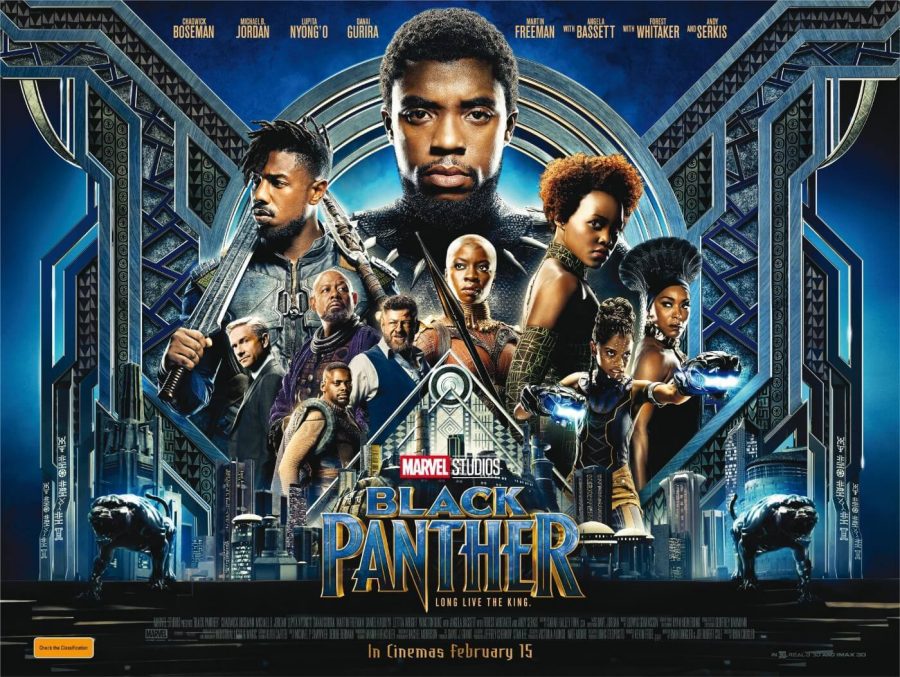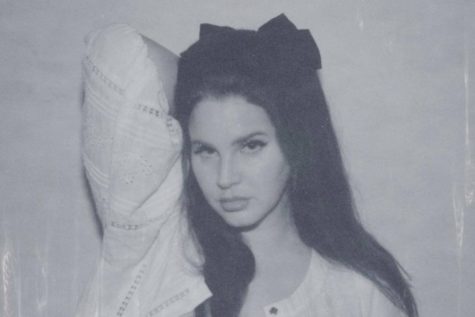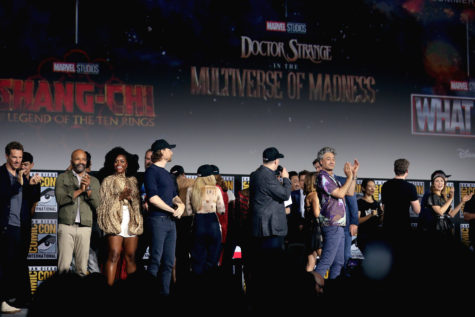Black film: Why it’s important
Some of the most important ventures in black film in recent years include: Black Panther, Get Out, Atlanta, Creed, Dear White People, and Moonlight.
The promotional poster for last year’s Blockbuster film Black Panther.
One of the biggest blockbuster films of last year was Black Panther, a film with a black lead actor, an all-black cast, and an appreciation for African culture. This breakthrough in black film should not and can not be understated. As it’s Black History Month, I consider it important to highlight some of the more prominent recent ventures in black film and television, and why it’s so important that they’re being made.
In a recent interview, acclaimed film director Jordan Peele spoke about his decision to have the stars of his upcoming film Us be black, writing “I knew just by putting an African-American family in the lead role, already we would be exploring cinematic uncharted territory…even though this movie is not about race, I felt like it was an important piece of the project to have a black family in the center.” And he’s right; it’s important to portray black families and black people in general in film not just because they’re black, but because they’re real people.
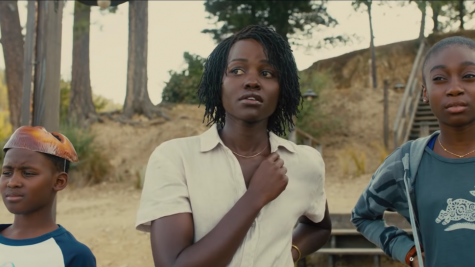
A great example of this dynamic is Donald Glover’s Atlanta FX. Despite the show’s numerous eccentricities, at its core Atlanta is a show revolving around a group of black people and their interactions in the city of Atlanta. The black experience is evident throughout the show without implicitly parading its blackness.
Another important achievement of black film is the Creed franchise. To take such a beloved American film franchise as Rocky and create a spinoff starring a black actor was a risk, and it’s hard to say it didn’t pay off, spawning not just one but two critical and box office successes in the process.

On another spectrum we have the aforementioned Peele’s Get Out, a new-age horror masterpiece revolving around a black man visiting his white girlfriend’s family and everything going horribly wrong. In the political and racially charged environment we live in today, a film like this was bound to open the eyes of people, with craftily hidden metaphors that can only be caught with repeated viewings.
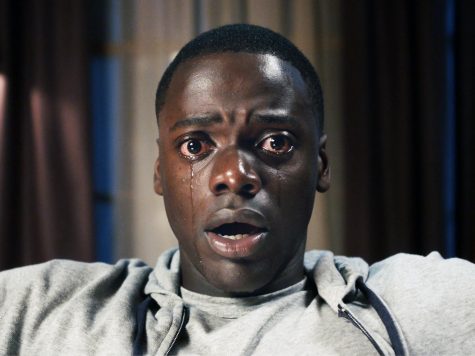
Netflix’s Dear White People even further challenges the racially charged political climate, often pressing issues and contradictions in the black community via the campus of a historically black college. The show’s rollout was so controversial that the first trailer had more dislikes than likes.
Barry Jenkins’s Moonlight may be perhaps the most shining example of recent black film. The nuance with which it’s main character Chiron is written as we watch him grow from an adolescent to a teenager to a grown man, all the while searching for his identity while surrounded by bad influences. Moonlight is a film that portrays black people in a realistic light, far from the previous days of black cinema where people were gangsters or ball players.
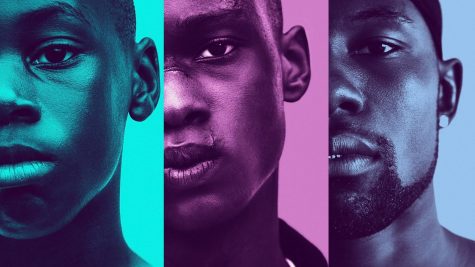
Overall, black film has been better than it’s ever been. It will be interesting to see how Us is received in March.
Your donation will support the student journalists of Wiregrass Ranch High School. Your contribution will allow us to purchase equipment and cover our annual website hosting costs.

Stephen White II is a senior at Wiregrass Ranch High School. This is his second year writing for The Stampede. He likes to listen to music as well as write...

